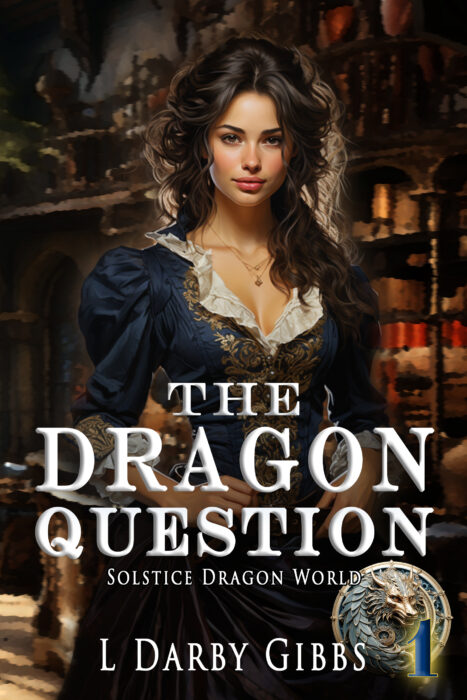Questions and answers. I’ve already written about the decision to stop working on my contemporary novel to work on what I thought was just a fantasy short story. I think a followup is due as just this week I finished the 99K draft of the fantasy novel. It took less than two months to write,…
Tag: sharded boy
June 13, 2016
